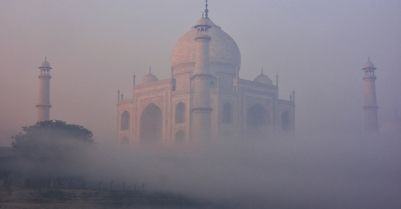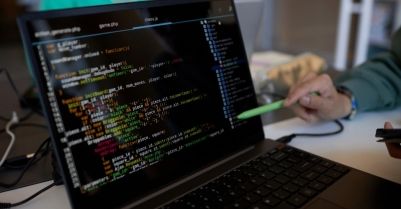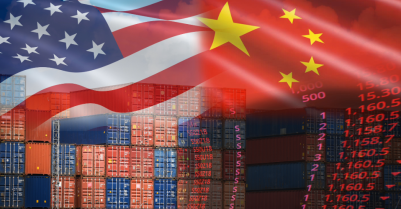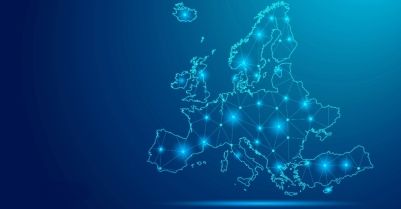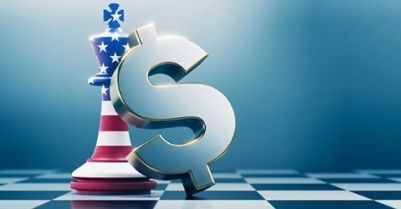-
View article
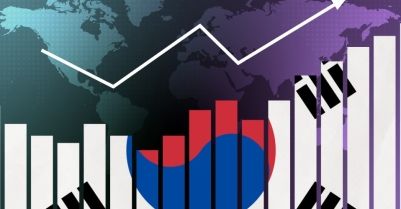 #Economy
#EconomySouth Korea: a year after the political crisis, markets are buying the promise of stability
2025/12/17
The new wave will be political
There will be no escaping the political aspect of the crisis, which will ramp up very steeply. This will be the case not only because of the number of deaths but also the force of the trauma, the number of people experiencing it, and how the crisis is perceived. Which means it will also depend on how the story of the crisis is told. History teaches us that post-crisis politics tend to play out in two phases. First come the rapid, brutal effects, for example at election time. The second phase takes place over a longer period, as our experience of events is gradually blurred by the myriad contradictory accounts of them that emerge. The ancient Greeks called this hysteresis, or what comes after… This complex behind-the-scenes process is the most important work of politics; it’s what can change ideas and institutions.
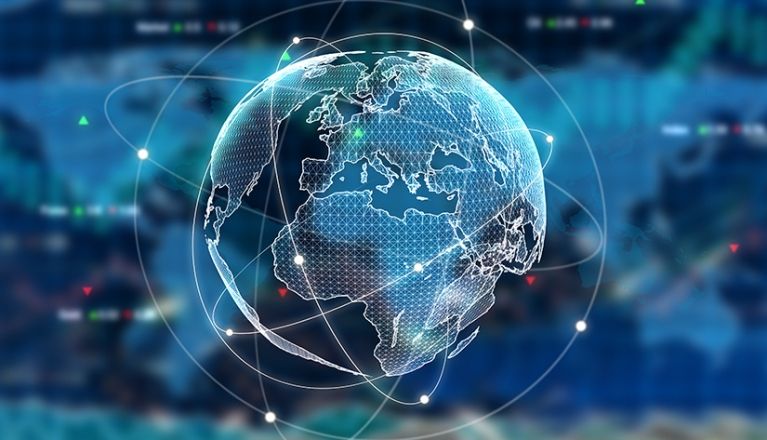
Physicists make use of the concept of hysteresis to understand physical phenomena that continue even when their causes have dissipated. Economies – and particularly employment – are also sensitive to such effects[1]… not to mention populations! Several generations on, though we may not realise it, we remember. Psychiatrists are well aware of the power of generational memory. We not only live through crises, we also inherit them: since 1923, the Germans have valued monetary stability above all else, and we can all see the effects of this heritage in Europe.
Today, everything is converging on politics: first, the public health situation, which has redefined our relationship with the state; and second, the violence of the global economic shock. In 2008, emerging countries were not in recession; this time around, they are. Locking down populations and furloughing workers are sometimes impossible “luxuries” that few countries can afford. As a result, unemployment and insecurity are surging. What makes us think a V-shaped or U-shaped curve will somehow erase political hysteresis effects? Lastly, and above all, we were already sick even before the crisis began. The pre-crisis world was riven with inequalities, shaken up by governments losing their legitimacy and rife with geopolitical turmoil. Strengthened by the virus, these pathologies will only be more rampant in the post-crisis world. Tweets, Trump, the whole shebang.
What the shutdown has already changed
By becoming a pandemic, and above all with this idea of other potential setbacks, the virus has ushered in a permanent state of emergency. This is a huge shift in political perception – what Walter Benjamin called the “catastrophe-world”[2], when the exception merges with the rule.
The first thing to point out is that this catastrophe-world is endangering freedoms. In Hungary, Viktor Orbán has assumed absolute power. In Poland and some US states, anti-abortion legislation is flourishing under lockdown. And there is widespread concern about apps, bracelets, drones and other ways of keeping tabs on people.
The second thing to note is that in this catastrophe-world, politics has regained the ascendancy, re-empowering decision-makers and placing renewed value on decisions. This is big news because it means the virus is attacking one of the root causes of the political crisis we’ve been enduring for the past thirty years: the endless rhetoric about governments all being the same and economy being more important than politics. In fact, faced with COVID-19, governments have not all made the same choices: the gap between Merkel and Bolsonaro has widened… Meanwhile, the seemingly unshakeable primacy of politics over economics has briefly been reversed; so it was possible after all, and this will not be forgotten. This is another major shift in perception.
The second death of Ronald Reagan
The third thing to point out is that the criteria on which governments’ legitimacy is based have changed. Efficiency and safety now rule. This will affect every election, and authoritarian regimes will not be immune either. In South Korea, the government has regained popularity by handling the public health crisis well. In the United States, after forty years of criticism of the welfare state, the “Big State” is once again becoming the prerequisite for efficient government. While some Republicans are worried, the game has changed: unlike in 2008, Democrats and Republicans alike agree that massive – and perhaps even long-term – state intervention is needed. And people are remembering that 1929 resulted in a (thin) safety net and an infrastructure network in the United States, while the Second World War bequeathed a unified Department of Defense. In short, Ronald Reagan, who said at his inauguration that government is not the solution but the problem, is dying a second death. A third major change of political perception.
The dollar is (still) king…
In the post-crisis world, geopolitics will be queen, but this is nothing new. Who will be king is harder to predict, because the crisis is redistributing power. With control over data now even more strategic than before, power is shifting first of all to the Big Four tech firms: we are now hearing of “surveillance capitalism”. Power will also shift towards those countries that emerge from the crisis earliest and in the best shape. As things currently stand, China is likely be the only great power to experience growth. While the Russian government is managing the crisis with a view to protecting strategic sectors, it is running a major risk in terms of domestic policy and is weakened by the energy crisis.
Meanwhile, the US situation is complex: the economy and the energy sector are losing power; there are significant domestic policy risks (unemployment and the threat of institutional fragmentation, with growing hostility between the federal government and states); and monetary policy is increasingly dominant (in case we’d forgotten this, the crisis has reminded us), as is the military (with the US accounting for 38% of global military expenditure). However, Donald Trump aside, it’s precisely this cocktail of power and decline that makes the country dangerous: political scientists[3] have long described the behaviour of a hegemonic power backed into a corner, destroying not only its rivals but also those international institutions that no longer operate to its advantage. Trump slamming the door on the WHO is a case in point.
Lastly, with populations traumatised, the post-crisis world will be marked by an escalating war of words: COVID-19 has given soft power a boost. China launched the assault by rolling out a “mask road”, though its success has been somewhat hit and miss (with shipments not arriving in Chile and some African countries but alliances with Pakistan and Central Europe strengthened). The United States responded by seeking to play the blame game. Things have since been moving quickly. Too quickly, in fact, undoubtedly signalling an upping of the geopolitical stakes.
America’s recent and ongoing accusations sketch out the contours of a bipartisan cold war in which Europe would have to pick sides, while Russia, having failed to enforce its demands that sanctions be lifted, would fall into line with China. Moscow has also denounced US activism over Arctic resources, while in Asia, COVID-19 has intensified tensions between China and Taiwan.
All of this is troubling not only to major powers. Everywhere you look, politicians are attempting to deny responsibility for the public health situation, both domestically and internationally. Everywhere you look, the Other is to blame: the crisis has unleashed the full power of the scapegoat mechanism[4]. Meanwhile, Recep Tayyip Erdo?an has spoken of the crisis as of a godsend: “For the first time since World War II, Turkey has the opportunity to take centre stage in a period of restructuring on a global scale.” He is not wrong: there will be a geopolitical reshuffling of the deck that will open up an array of possibilities to second-tier powers (Saudi Arabia, India, etc.).
Everywhere you look, citizens are also becoming more and more nervous as the sabre-rattling ramps up. In the United States, anti-China sentiment is at its highest since 2005, when 35% of Americans had an unfavourable view of China; today, the figure is 66%. In short, if politics were to open up new possibilities, that would be good news; but if geopolitics were to further divide an exhausted world, that would be very bad news indeed.
(1) Olivier J. Blanchard and Lawrence H. Summers, Hysteresis and the European Unemployment Problem, 1986.
(2) On the theories of Walter Benjamin, see Governance, Sovereignty and Profane Hope in a Globalised Catastrophe-World, Francisco Naishtat, Presses Universitaires de France, Diogène 2009, issue 228.
(3) Robert Gilpin, War and Change in World Politics, 1981.
(4) René Girard, Violence and the Sacred, 1972.
Tania Sollogoub - tania.sollogoub@credit-agricole-sa.fr

